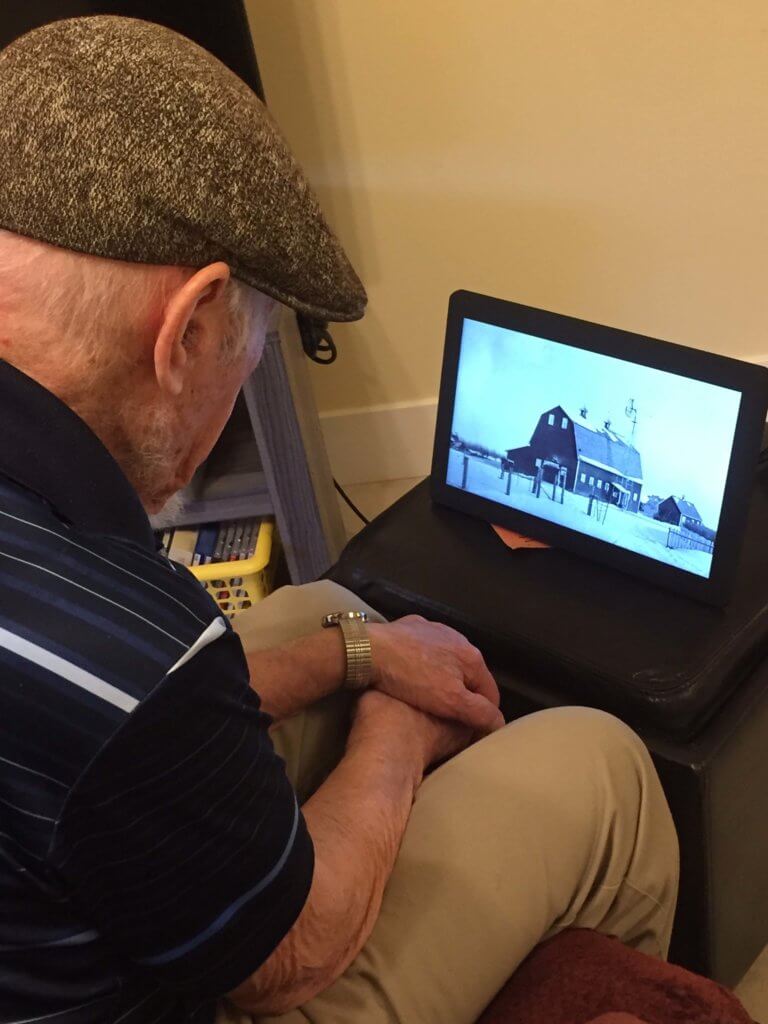I love planning for a trip to a new and exciting place—anticipation is so much fun! But while wanting to take great photographs of all your fun memories is one thing, making sure you can tick off all the safety boxes is a different matter. Pre-planning and practicing with your gear should make you confident enough that your photographs will not be lost before you even get home. Let’s go over some tips and guidelines to help you bring home those wonderful travel memories.
Know your equipment.
If you have a relatively new camera or are just getting the hang of photography, it’s a very good idea to have your camera manual in .pdf form. Just visit the camera manufacturer’s website and download your specific camera manual onto the phone or tablet that you will be bringing on your trip. If you plan on using your phone to take photos, you should check if its memory has enough space for new images.
Look into purchasing an anti-theft camera bag.
Several companies design and make some good options to feel safer with your valuables inside. Try Pacsafe or Travelon: These brands have a wide range of bag styles with excellent safety features, all at reasonable prices. Look for anti-slash hidden mesh, wire reinforced straps, and RFID-blocking pockets.
Remember to pack light.
Bringing a DSLR camera on your trip does not mean you have to lug all your accessories as well. Challenge yourself to go with just one or two lenses, and maybe a battery pack or an external flash. If you plan on taking photos at night, consider a bringing lightweight travel tripod.
Have a cloud back-up system for your files.
Ultimately, you’d want a spacious backup storage system for all your photographs, which you can access on the go. That’s why the cloud works so well for many photographers, especially with a smartphone.

Delete in-camera as much as possible.
I use traveling time to do this and it really pays off when I get home. Find the images that are out of focus, poorly composed, or just not good, and delete them.
Bring more batteries and camera cards than you think you will need.
If you over-shoot, lose a battery, or get a corrupted memory card, having a spare or two in your luggage will save the day! Finding specific batteries or memory cards for your camera could be difficult in a foreign country, and it’s a waste of your valuable sightseeing time. This is a good contingency plan.
Have a system for downloading photos from your camera, and practice it before you leave.
These tips should help:
a. Use a computer, iPad, or external hard drive with an SD card slot adapter to download your images from your camera.
b. Download your photos regularly (every night if possible) to start fresh every day.
c. When you download files from your camera, be sure you are not re-downloading those you’ve already transferred to your device. Still, you should keep a complete copy of your images on your memory cards. This way, you’ll end up with multiple copies of your images for safety, and you can streamline when you return home.
d. Is it best to bring one or two large volume camera cards vs. several smaller capacity ones? While having just a couple of large capacity SD cards means there are fewer components you might lose, having several memory cards with smaller capacities means you may lose fewer images if a card is misplaced. Whichever you decide on, be sure to re-format your SD cards before you leave for your trip (make sure there are no images on them that haven’t been saved) to clear off any metadata that may be corrupted.
Respect your destination’s culture and rules for photography.
Be a gracious guest in the community or country you are in. For example, selfie sticks are not a good idea in museums, and in some countries, taking photos of the locals without their permission is heavily frowned upon.

Go up high and get down low.
Don’t be afraid to test different angles and focal lengths. Play with cropping and composition, and have fun experimenting. You will have “fresh eyes” in a new place and it is always such a thrill—so take advantage of it!
Watch for the light.
The soft diffused light of early morning or late afternoon is the best & prettiest light, so consider going back to a location at these times if you think it’s worth it. It may be a logistical headache, but the images you can get might be worth it! You can also try squinting at a scene to check if there is too much contrast between the shadows and highlights. Don’t forget to take off your sunglasses before shooting, as it will distort your judgment of the light.
Check the backup copies of all the photographs you took.
When you return home, allot a few hours to check your cloud copy, your camera cards, and/or computer/external hard drive/tablet copies. Double-check that you have all the photos, and make sure nothing was corrupted. Gather any photographs taken by others you were on the trip with.
Cull out more photos that aren’t the best, rename your images, and file them into your photo-management system.
Save your original files until your local back-up system has been manually updated with the re-named and culled files, and the cloud service you use has also been updated. Once all your storage systems have been updated with the new vacation files, you can clear the copies on the camera cards, external hard drive or tablet. Now you’re ready for the next trip!

Enjoy and share your photos!
Create a vacation album on your Nixplay account with all the best photographs from your trip. Upload this new album to your Nixplay frame and relive your fun travel adventures!
There are so many things to think about when planning a great vacation, and sometimes we forget that the most tangible things we have left after it’s over are the images and memories we created. These travel photography tips will ensure you will be able to enjoy and reminisce for years to come.


